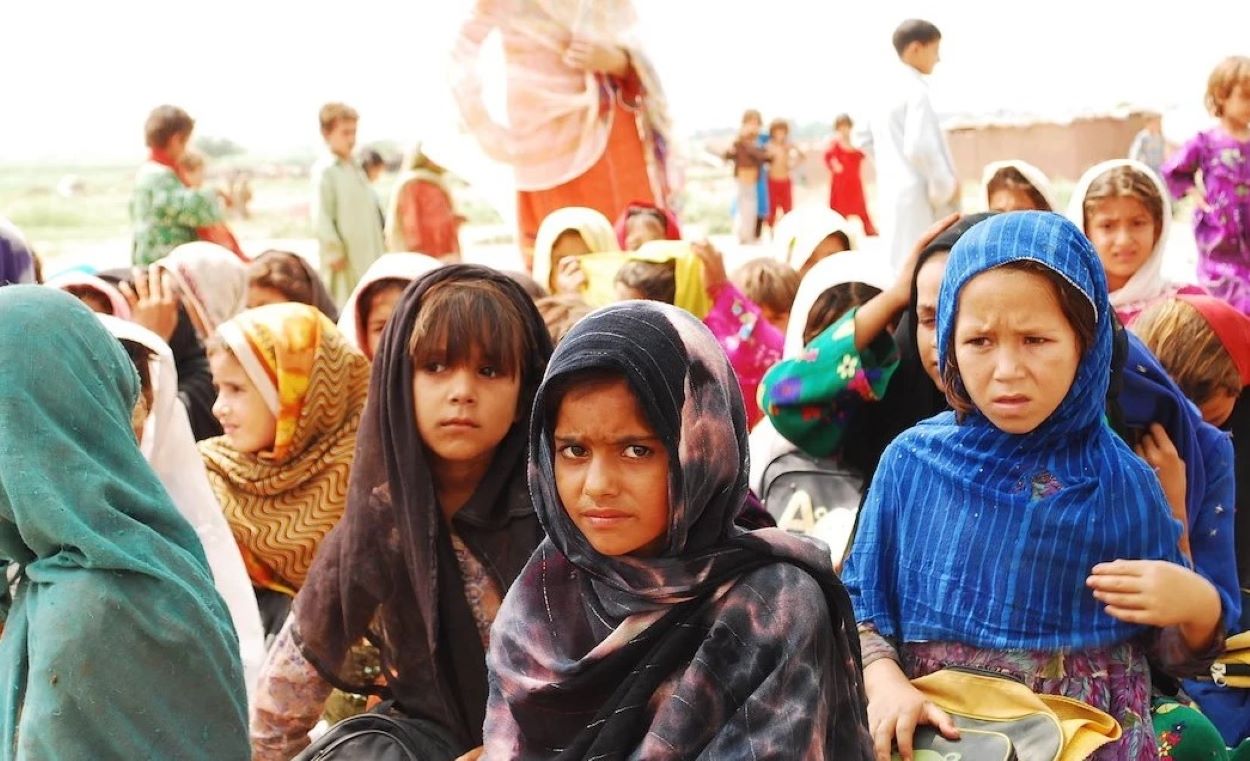As of June, the Afghan population in Pakistan reached 3.7 million, of which only 1.3 million are registered. A substantial 68.8% have settled in urban or semi-urban locales, with the rest spanning 54 diverse regions.
Khyber-Pakhtunkhwa tops the list, hosting 52.6% of undocumented Afghans, followed by regions like Balochistan, Punjab, and Sindh. Since the Taliban’s takeover in August 2021, there’s been a sharp uptick, with over 600,000 new arrivals.
Registration Concerns and Economic Implications
Registered Afghans hold Proof of Registration (PoR) Cards, distinguishing them from the unregistered populace. The earlier-issued Afghanistan Citizen Card (ACC) has now lapsed, causing apprehension among the refugees. Although discussions for extending registration cards are ongoing, Pakistan could face a crisis without consistent refugee policies and external support, especially given its decreased economic growth projection for 2023. The undocumented Afghans also impact the economy, with some engaging in illicit trades and untaxed businesses.






